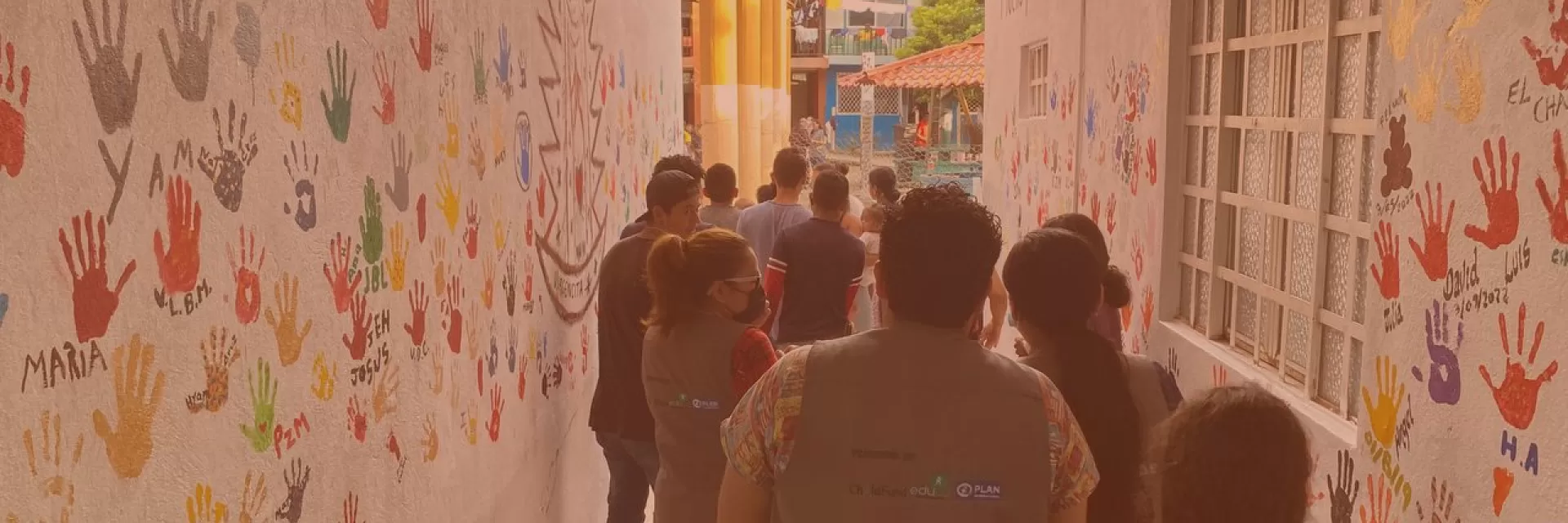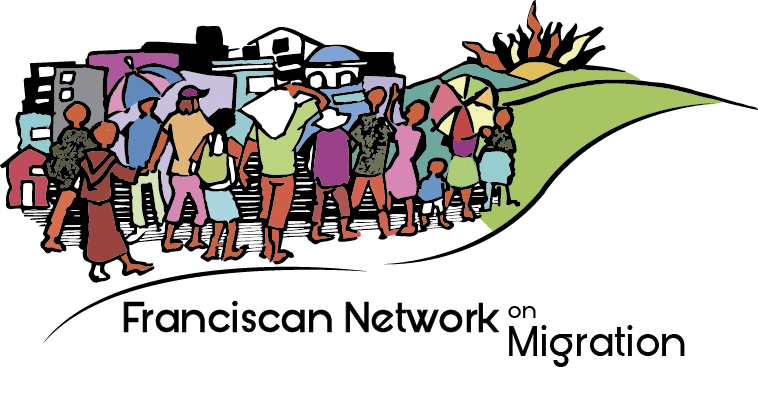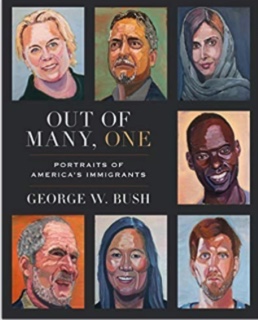Subscribe to our weekly newsletter HERE.
Haiti Re-designated for Temporary Protected Status
One of the goals you have been working on with us and a host of other organizations was finally achieved this weekend. The news was first announced on Buzzfeed News:
Immigrant detention is increasing again and so are COVID-19 infections
Throughout the last year, the number of people being held in immigration detention facilities fell. Starting at about 38,000 last March, the number of people being held in detention at the end of February this year was just below 13,000. As we reported throughout the year, the decline was the result of border policies, specifically Title 42 - a controversial public health order under which people are denied access to regular immigration processing, including the right to request asylum.
Haiti’s Third COVID Wave?
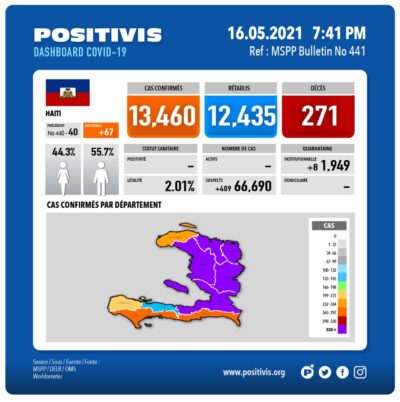 Reports are beginning to emerge of a new wave of COVID-19 infections in Haiti, as hospitals scramble to find scarce supplies. Haiti, like many other impoverished countries, has no clear vaccination program in place. The government suffers from a lack of legitimacy on many fronts, and it is unlikely it could mobilize people on a wide scale to get vaccinated.
Reports are beginning to emerge of a new wave of COVID-19 infections in Haiti, as hospitals scramble to find scarce supplies. Haiti, like many other impoverished countries, has no clear vaccination program in place. The government suffers from a lack of legitimacy on many fronts, and it is unlikely it could mobilize people on a wide scale to get vaccinated.
Haiti news: The conversation about dialogue, flag day events and take action on TPS
ACTION: The Biden Administration must re-designate TPS for Haiti
Sure, Biden never called Haiti a “shithole country.” So, why is he treating it like one?
Back in January of 2018, Donald Trump was being briefed by Dick Durbin (D-IL) and Lindsey Graham (R-SC) about a compromise proposal to cut the visa lottery system, while reallocating the difference to underrepresented countries in Africa and Temporary Protected Status (TPS) holders, such as Haiti.
Haiti News from Congress to Harvard Law School to the Border
Congress and Haiti this week
This week, 69 members of congress sent a letter to U.S. Secretary of State Antony Blinken asking for a review of U.S. policy toward Haiti. From the Miami Herald,
Yard gardens create food security one family at a time
A long-standing aspect of the training done through our partners at the Jean Marie Vincent Formation Center in Haiti is work with families, typically women, to develop yard gardens or patio gardens. These are small-scale projects, where family members learn to grow a surprisingly wide variety of vegetables in small spaces.
The current iteration of the yard garden project enrolled 375 new families during the first quarter of the year, with support from the seed bank and training from the agronomy team. Some highlights below:
La 72 Celebrates 10th Anniversary April 23
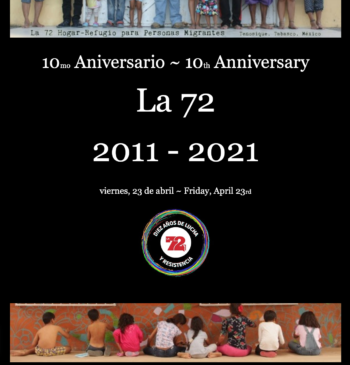 ACOMPAÑANOS A CELEBRAR NUESTROS 10 AÑOS DE ACOGER, PROTEGER, INTEGRAR, Y PROMOVER LOS DERECHOS HUMANOS DE LAS PERSONAS EN MOVILIDAD.
ACOMPAÑANOS A CELEBRAR NUESTROS 10 AÑOS DE ACOGER, PROTEGER, INTEGRAR, Y PROMOVER LOS DERECHOS HUMANOS DE LAS PERSONAS EN MOVILIDAD.
***************
JOIN US IN CELEBRATING 10 YEARS OF WELCOMING, PROTECTING, INTEGRATING, AND PROMOTING HUMAN RIGHTS FOR MIGRANTS AND REFUGEES.
Earth Day Reflection on Ecological Debt and Human Mobility
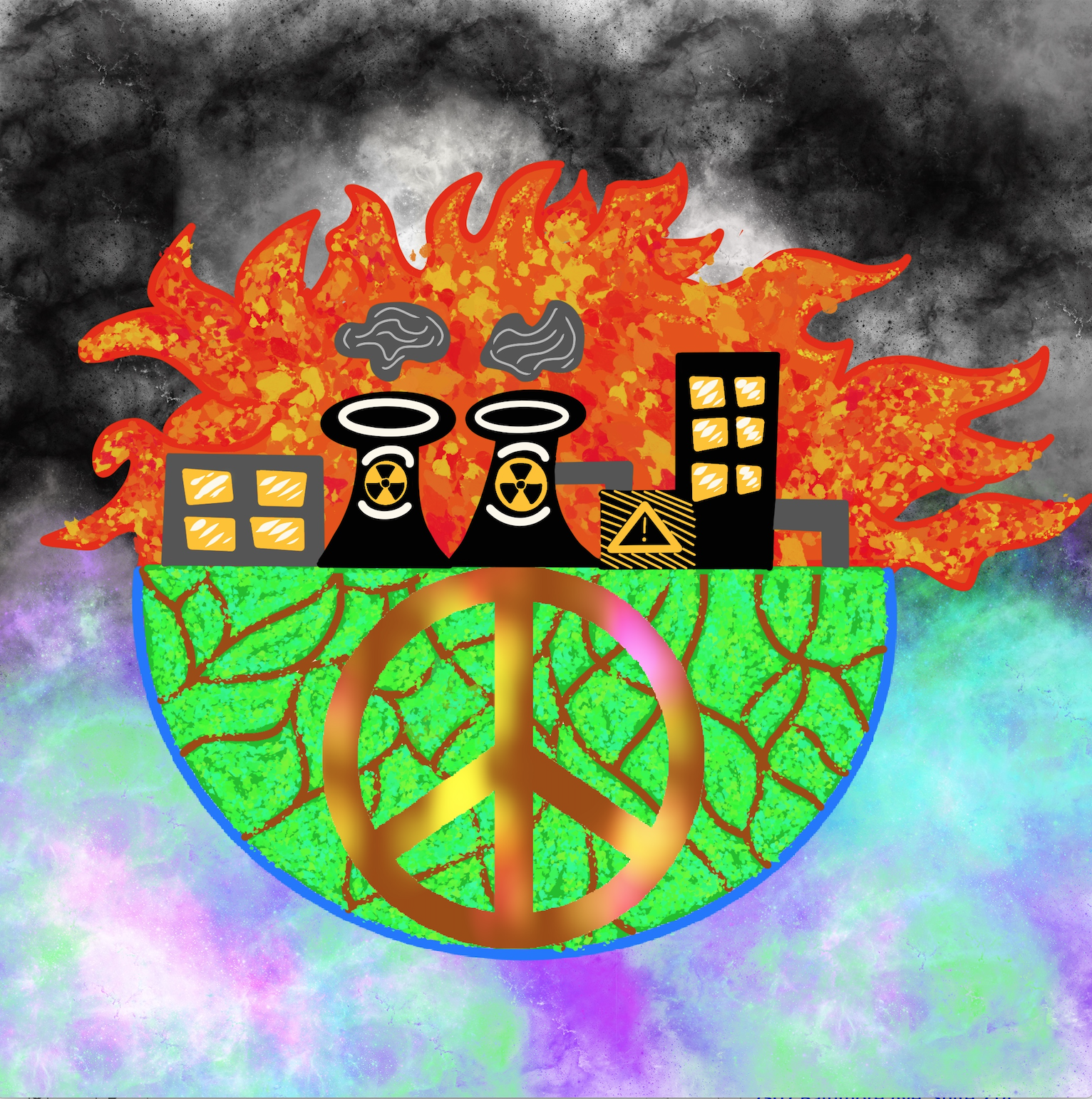 Designed by Robert A. Jackson III[/caption]
Designed by Robert A. Jackson III[/caption]
Paul Oquist Presente
On December 12, 2015 the Paris Agreement was adopted by 196 parties at the 21st Conference of Parties of the UN Framework Convention on Climate Change. The agreement went into force on November 4, 2016. Among the handful of countries that opposed the agreement was Nicaragua - because it was too weak. The core of the treaty is built around “nationally determined contributions,” or voluntary emission reductions decided by individual countries.
